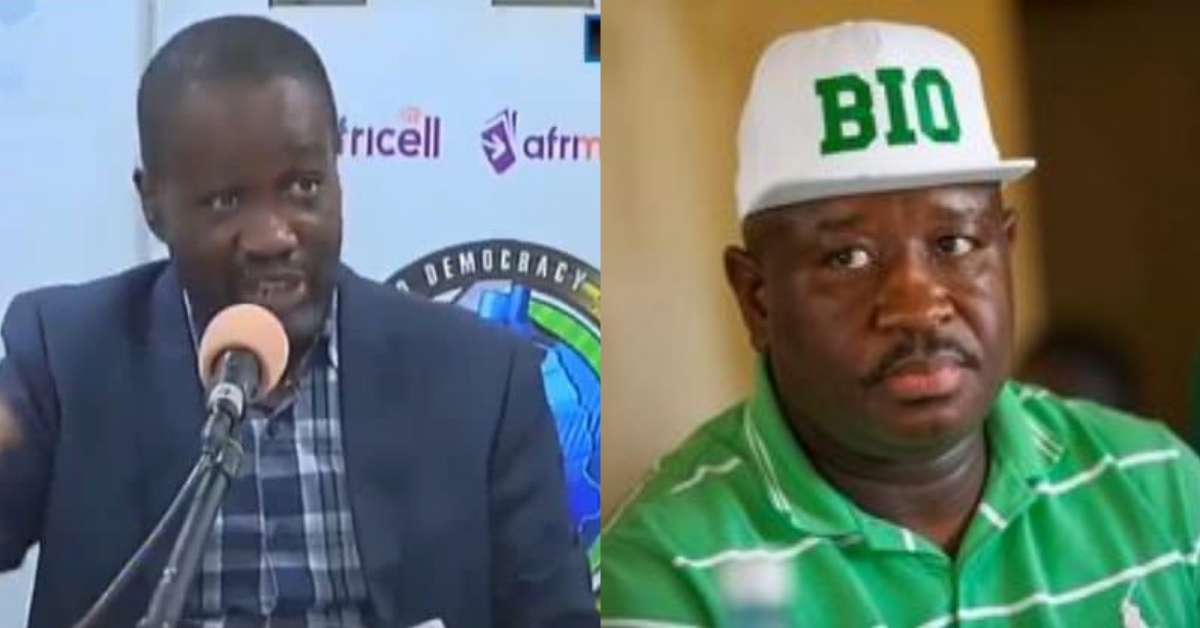In a recent interview with Radio Democracy 98.1 on September 31, 2024, Abubakarr Joe Sesay, a prominent figure in the Sierra Leone People’s Party (SLPP), defended the government’s appointment processes, strongly refuting allegations of nepotism and bias in the selection of government workers.
The discussion, led by presenter Osman Kamara, focused on the controversial appointment schemes of the current administration.
Kamara criticized the system, suggesting it favors individuals with close ties to the SLPP, a claim that Sesay vehemently contested.
According to Sesay, the government’s approach to appointments is fair and diversified, countering the notion that it solely benefits party loyalists.
Kamara pointed out that despite claims of diversity in appointments, many positions seem to be filled by individuals aligned with the SLPP, coining the term “Party Pikin” to describe these favored appointees.
He asserted that approximately 80% of appointments are made in favor of party supporters, a statistic that Sesay found unfounded.
In response, Sesay emphasized that President Julius Maada Bio’s commitment to national development transcends party lines, highlighting instances where individuals from outside the SLPP have been appointed to significant roles.
He cited the appointment of Kamarainba’s running mate as a clear example of the administration’s inclusivity, noting that she was recognized for her capabilities even while serving in the opposition.
The heated exchange continued as Kamara expressed skepticism about Sesay’s assertions, suggesting that his proximity to the party might influence his perspective.
However, Sesay maintained that the government is dedicated to promoting transparency and fairness in its hiring practices, focusing on competence rather than political affiliation.
As the conversation unfolded, it became evident that the debate over government appointments in Sierra Leone remains contentious, with differing views on the extent of bias within the system.
Sesay’s staunch defense of the government’s integrity reflects a broader commitment to fostering unity and progress within the nation, as he aims to dispel doubts surrounding the appointment processes.
The discussion sheds light on the ongoing challenges of governance and accountability in Sierra Leone, raising important questions about how political affiliations influence public service appointments and the implications for effective governance.












I agree with you Osman Kamara of Radio Democracy infact could you imagine a panalist during one MDA job asking a short listed candidate question on which political party does he belong ? Oh Salone…